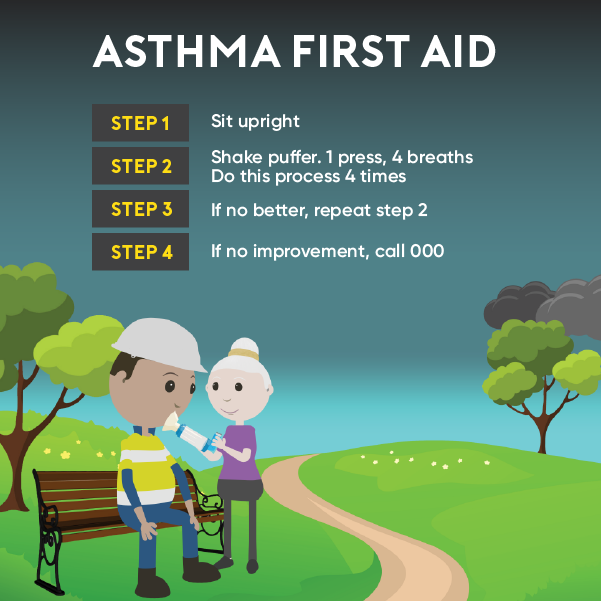Prepare now for asthma season
A campaign to highlight the spring thunderstorm asthma season and raise awareness of the elevated risk of flare-ups has launched this week with a focus on families and how all members of the family can be impacted by asthma related conditions.
Murrumbidgee Local Health District’s (MLHD) Clinical Nurse Consultant for Asthma and Respiratory, Robyn Paton, said asthma flare-ups traditionally increase in spring throughout the Murrumbidgee due to high pollen counts, in conjunction with thunderstorm related weather conditions.
“Colds and flu, wheezing and sneezing, have been in abundance over the winter months along with a continuance of the COVID-19 pandemic. Mix these conditions with elevated levels of pollen and the typical thunderstorms during the late spring, and we may be at risk of experiencing an increase of respiratory related conditions such as asthma flare-ups,” she said.
“Those people who suffer from hay fever and sinus symptoms should discuss with their GP the most appropriate management of symptoms to avoid escalation, reduce severe flare-ups which will put downward pressure on hospital admissions and ambulance callouts.”
Local community member Caroline Applebee has lived with asthma for 30 years and knows how important an asthma action plan is for managing the condition.
“Being informed is key. The asthma action plan I have in place is a critical tool in managing the condition and it’s excellent to have on hand to refer to when conditions change,’ Ms Applebee said.
“By staying connected with my GP and having an up to date Asthma Action Plan, my family can be fully aware of how to help manage and minimise my asthma flare ups.”
The annual spring thunderstorm asthma campaign is promoted by the Asthma Collaborative which includes representatives from MLHD, MPHN, Wagga Wagga Base Hospital (WWBH), CSU, Wagga Wagga City Council, Asthma Australia, local pharmacies, NSW Ambulance and interested community groups.

